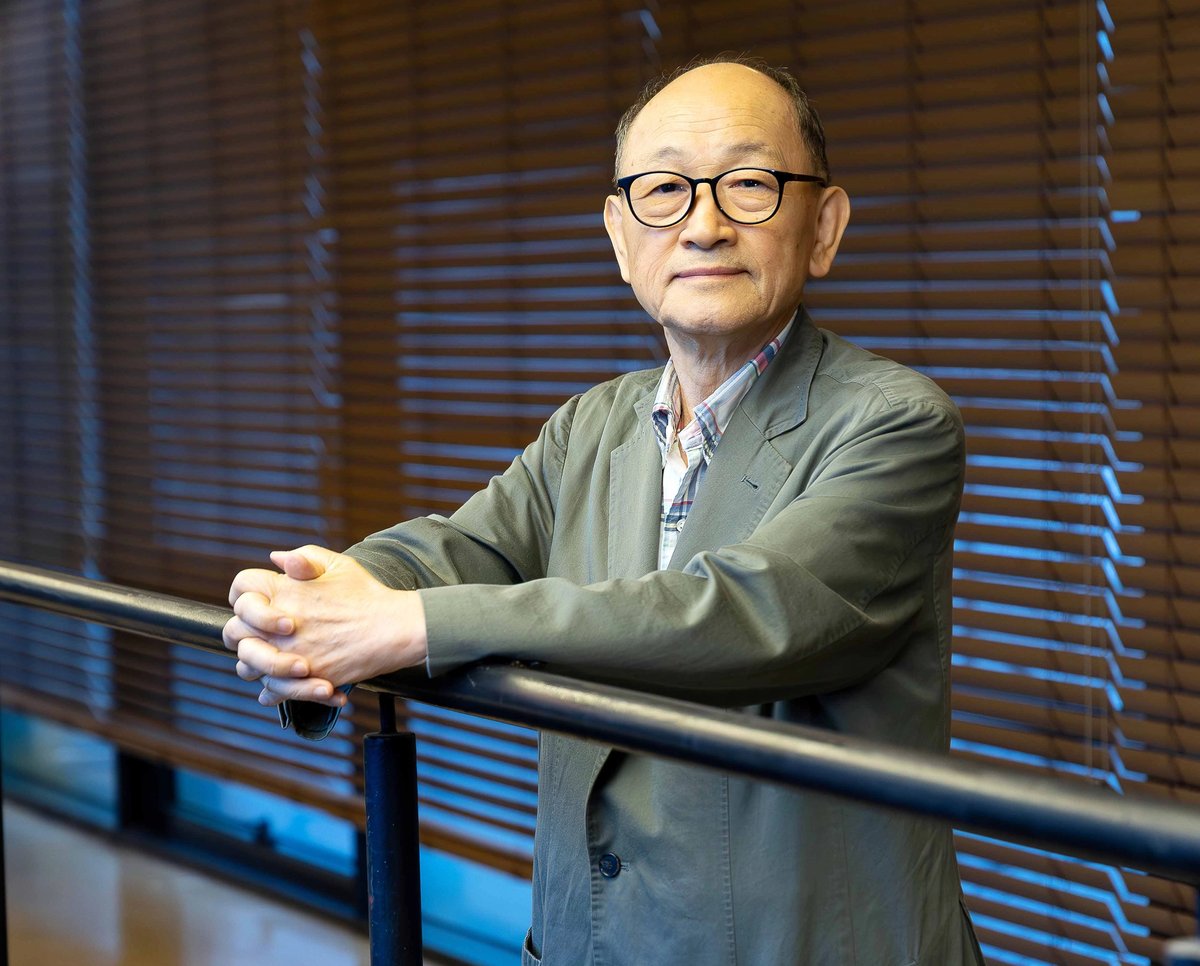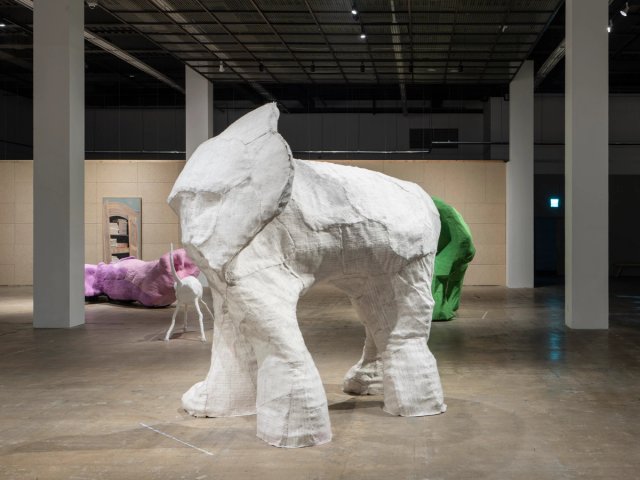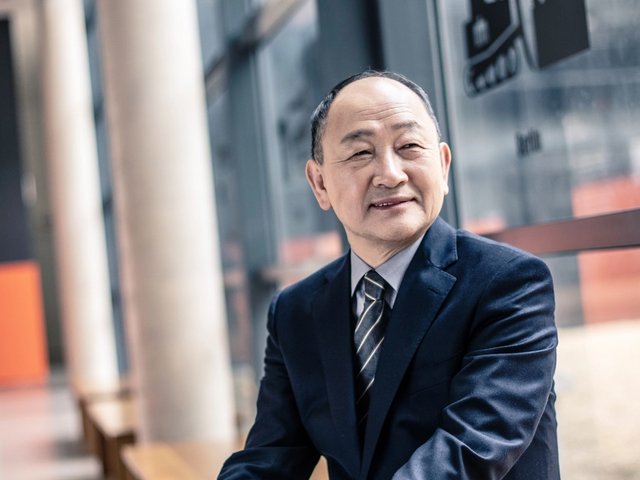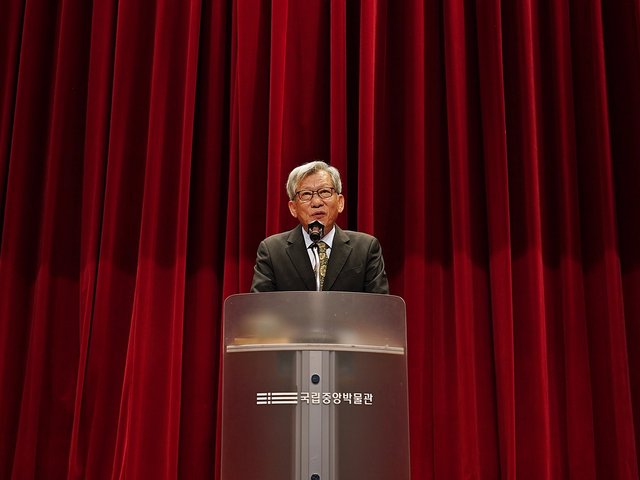Heading the Gwangju Biennale Foundation represents a homecoming of sorts for its new president, Youn Bummo. Appointed this summer just ahead of the Gwangju Design Biennale, Youn was part of the organising committee of the Biennale’s founding edition in 1995, helping develop what is known as Korea’s “Biennale era”, and growing the Gwangju Biennale into the globally influential art event it is today. In 2014 he also curated the exhibition Sweet Dew, 1980 and After for the Biennale’s tenth edition.
“Now, returning a generation later as its president, I feel a great weight of responsibility, but also a renewed passion to shape a new era of the Biennale,” Youn says. “Standing at this turning point, I am deeply aware that our mission is to build on the past three decades to create the next 30 years of history.”
Next year’s 16th edition of the Gwangju Biennale will be helmed by the Singaporean film artist Ho Tzu Nyen. The show, says Youn, “comes at a moment when there are strong calls for change from both inside and outside Gwangju. With Ho Tzu Nyen—an Asian curator—at the helm, I expect it to reveal a new dimension distinct from past editions,” which the foundation is tasked with realising.
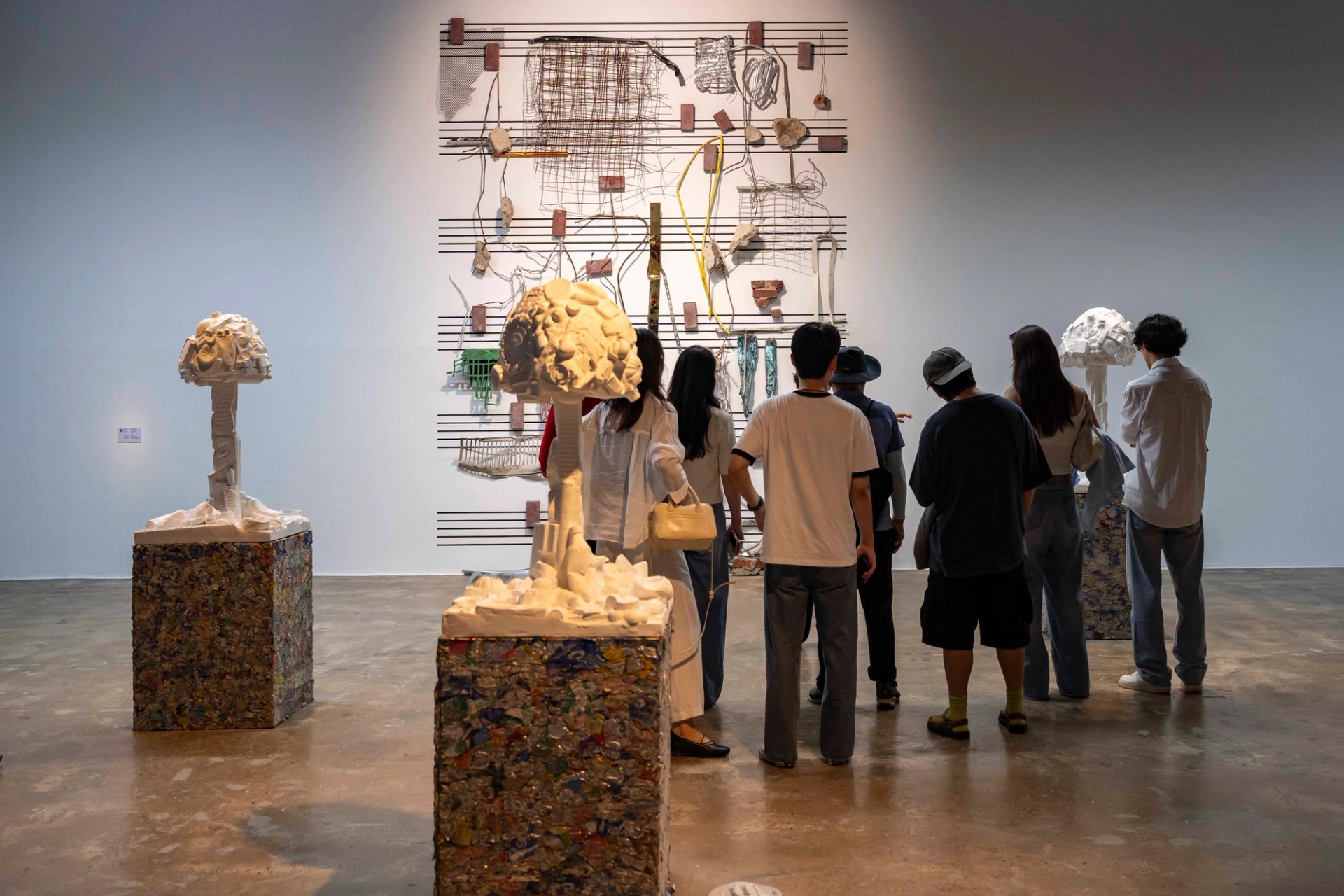
Work by the artist Franck Scurti at last year's Gwangju Biennale, which was curated by Nicolas Bourriaud. Next year’s edition will be led by an Asian curator, Ho Tzu Nyen from Singapore Photo: Choi Myoung Jin
Youn feels the Gwangju Biennale also has a shifting mandate. After 30 years of being “focused on keeping pace with the global biennale community”, the challenge has become cultivating a “distinctly ‘Gwangju’ identity—a Biennale with character”. That requires leaning into and strengthening its unique points, and possibly institutional reform of the foundation. He envisions a Gwangju Biennale that simultaneously is a “hub for generating critical discourse” for arts professionals and a “Biennale for and with citizens... Balancing these two wings will allow us to grow in a sustainable, meaningful way.”
Youn was most recently in the spotlight for his directorship of the Museum of Modern and Contemporary Art (MMCA) from 2019. His 2023 resignation, 22 months before his term ended, was widely believed to be due to pressure from the country’s then newly elected conservative president Yoon Suk Yeol. Appointed by Yoon’s liberal predecessor Moon Jae-in, Youn drew accusations from the Korean right of organising shows that were too overtly political. Youn also was involved in establishing the Hoam Museum of Art, the Seoul Arts Center and Daejeon’s Lee Ungno Museum. After starting out writing for the newspaper Dong-A Ilbo, the core of Youn’s has been as an expert on the cultural resistance movement of minjung misul, or People’s Art.
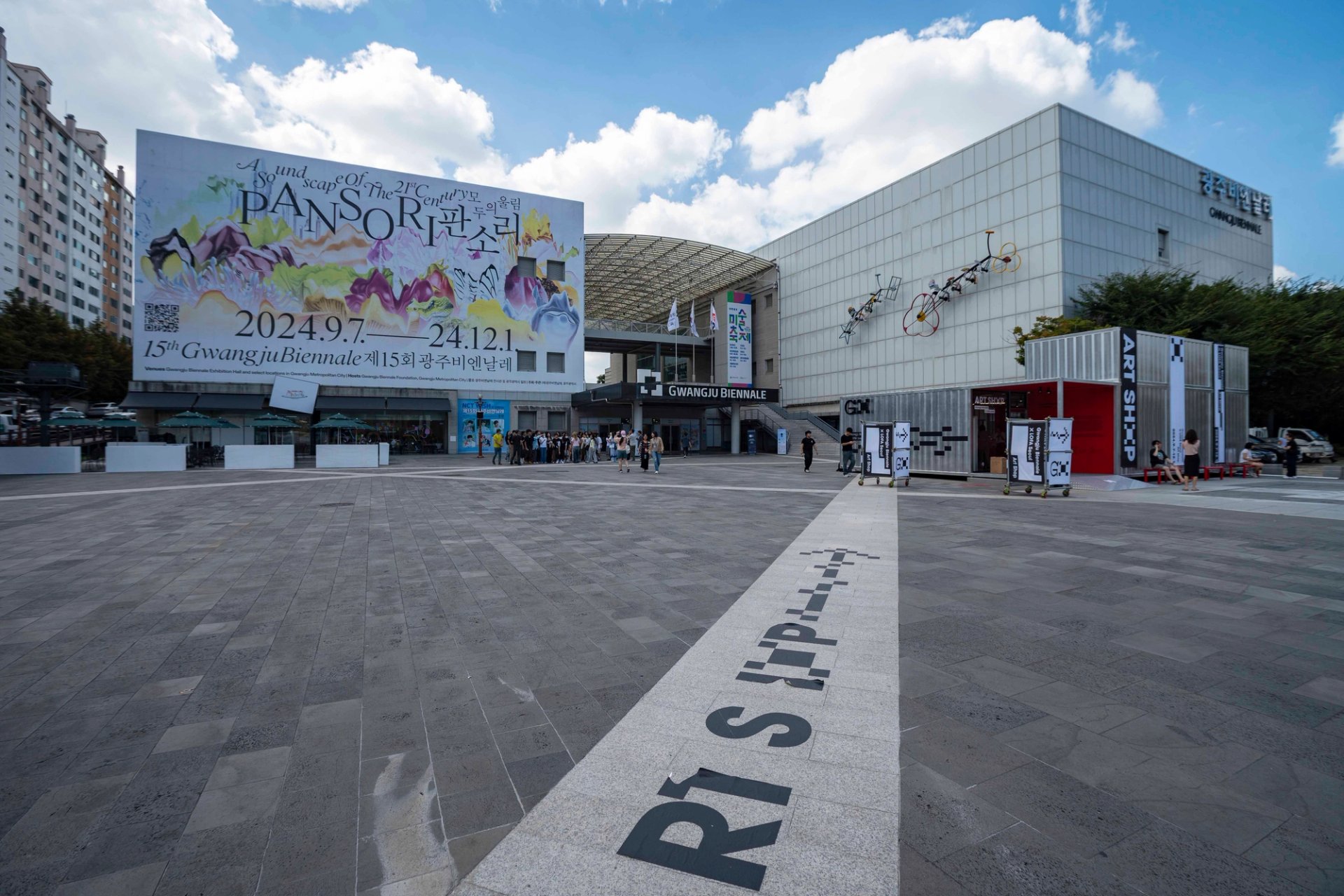
Last year’s Biennale had as its theme Pansori, named after a traditional Korean music form Choi Myoung Jin
“In the 1980s, under military dictatorship, a group of artists led the democratisation of art through resistance,” Youn says. “The term minjung misul was then an official—and at times state-imposed—label, yet what set it apart was that it was developed in collaboration with citizens. This reflects the unique social climate of Korea in the 1980s, something rarely seen elsewhere in art history. While today’s social environment is very different and both the concept and methods of minjung misul have evolved, I believe its authenticity—particularly in Gwangju—remains profoundly noble.”
The challenge is to cultivate a “distinctly ‘Gwangju’ identity—a Biennale with character”Youn Bummo, Gwangju Biennale
The Gwangju Biennale, founded to commemorate Korea’s pro-democracy uprising and subsequent massacre of 1980, has become intrinsically tied to the importance of remembrance. “Gwangju is perhaps the only city in the world whose name is [regularly] paired with the word ‘spirit’,” says Youn. “This spirit—symbolising democracy, human rights and peace—must be artistically elevated in a way that reflects the city’s unique identity. To achieve this, more exceptional artists must emerge, and if the Gwangju Biennale can play a role in fostering them, I would consider that a great success.”
Youn is one of several newly appointed heads of Korean art institutions. You Hong-jun, an author and art historian at Myongji University, has been appointed the new director of the National Museum of Korea and its 13 provincial affiliates. The Busan Biennale, meanwhile, announced that its 2026 edition will be organised by the curatorial duo Amal Khalaf and Evelyn Simons, who will focus on themes of resistance, healing, hope and collective lament. They are the first female duo to curate the show.


